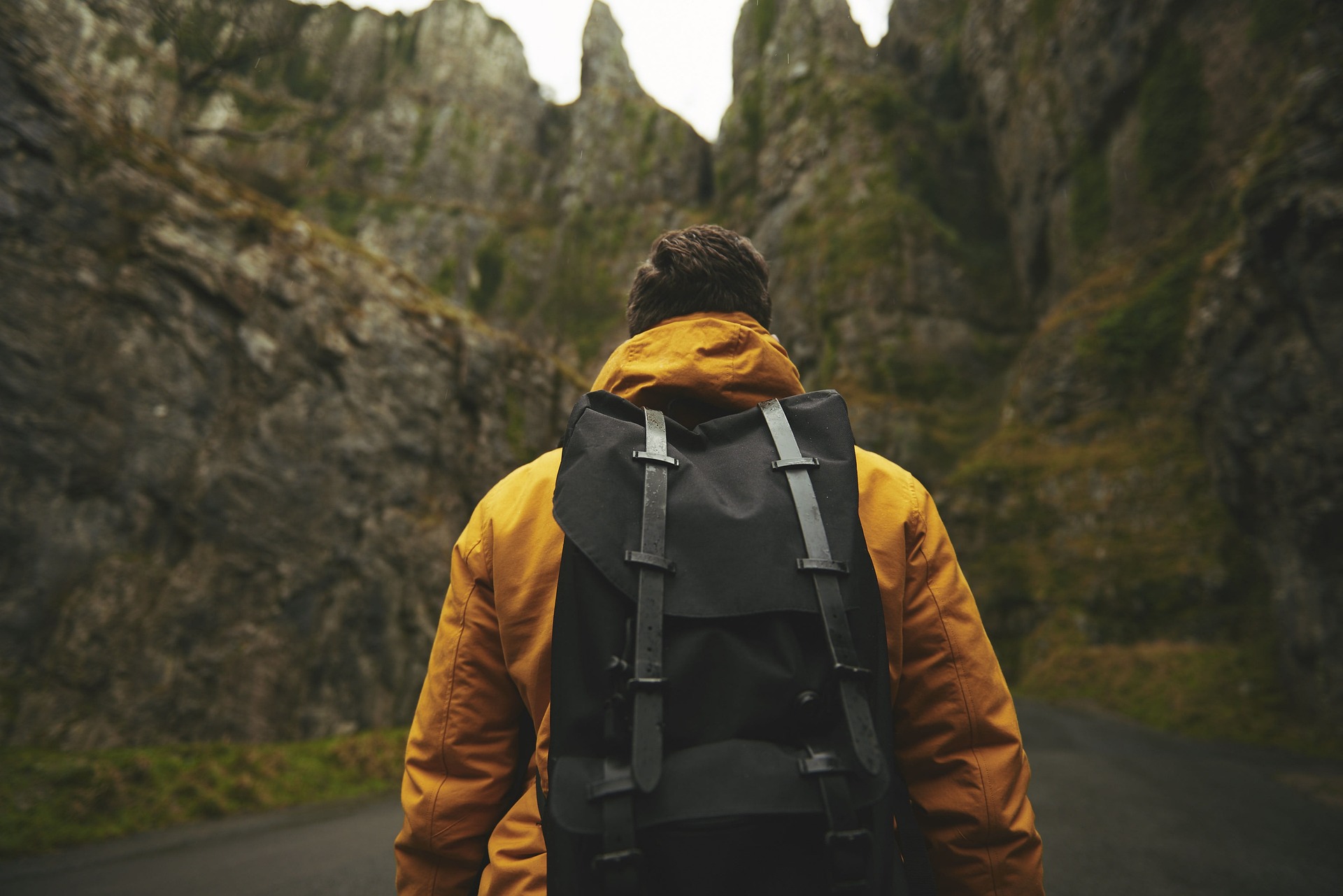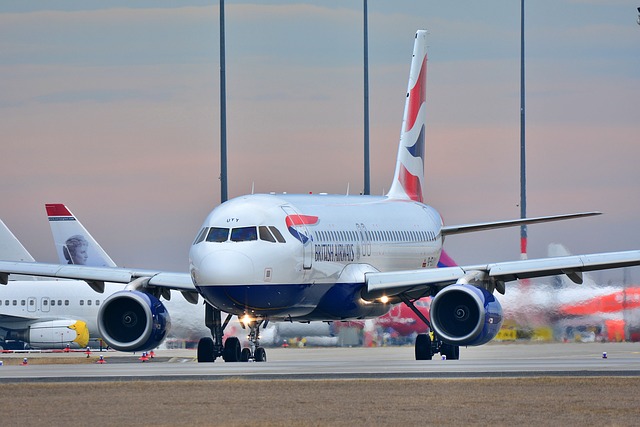The Resurgence of Camping: A Modern Take on an Age-Old Adventure
The modern traveler’s quest for authentic, immersive experiences has reignited an interest in a pastime as old as humanity itself: camping. This article delves into the history of camping, its modern resurgence, and the unique opportunities it presents to today’s explorers.
A Trip Down the Memory Trail
Our ancestors, driven by necessity rather than adventure, were the first campers. Early Homo Sapiens sought shelter in caves, crafting rudimentary tents from animal hides and tree branches. As humans evolved, so did camping. By the 19th century, it had transformed from a survival necessity into a leisure activity. The birth of recreational camping is often attributed to Thomas Hiram Holding, a British traveling tailor who developed a passion for camping during his treks across the American prairie.
In the 20th century, camping became synonymous with family vacations, facilitated by the advent of affordable camping gear and the establishment of national parks. However, as vacation trends shifted towards luxury resorts and exotic destinations, camping fell out of favor.
The Modern Revival of Camping
Today, camping is experiencing a resurgence, fueled by the modern traveler’s desire for authentic, immersive experiences. The digital era’s relentless pace has sparked a yearning for quiet, off-screen moments. Camping provides an escape, a chance to disconnect from digital distractions and reconnect with nature.
The appeal of camping in the 21st century extends beyond digital detox. The rise of adventure tourism has seen thrill-seekers turn to camping as a way to access remote hiking trails, climbing spots, and white-water rapids. Furthermore, today’s eco-conscious travelers appreciate camping’s minimal environmental footprint compared to traditional tourism.
The Impact of Modern Camping
The revival of camping has significant implications for travelers and the travel industry. For travelers, modern camping offers a flexible, affordable way to explore the world. Today’s camping gear is lightweight, durable, and easy to carry, making camping a viable option for a wide range of travel styles and destinations.
For the travel industry, the resurgence of camping presents both opportunities and challenges. On one hand, it encourages sustainable tourism practices, reducing pressure on over-touristed destinations. On the other, it necessitates greater efforts to educate travelers about responsible camping, to ensure the preservation of natural environments.
Practical Camping Insights
-
Weather Watch: Always check the weather forecast before setting up camp. Rain, wind, and temperature can greatly affect your camping experience.
-
Location, Location, Location: Choose your campsite carefully. Look for flat ground, preferably elevated, to avoid flooding in case of rain.
-
Leave No Trace: Practice responsible camping. Leave your campsite as you found it, disposing of all waste appropriately.
A Return to Our Roots
Camping’s resurgence is more than a trend—it’s a testament to the enduring appeal of nature and the human desire for genuine, immersive experiences. As we journey into an ever-connected future, the simple act of setting up a tent under the stars serves as a grounding reminder of our primal past. As modern travelers, we can enjoy the advantages of camping while honoring its rich history, enjoying the beauty of nature, and respecting the planet that hosts our adventures.





